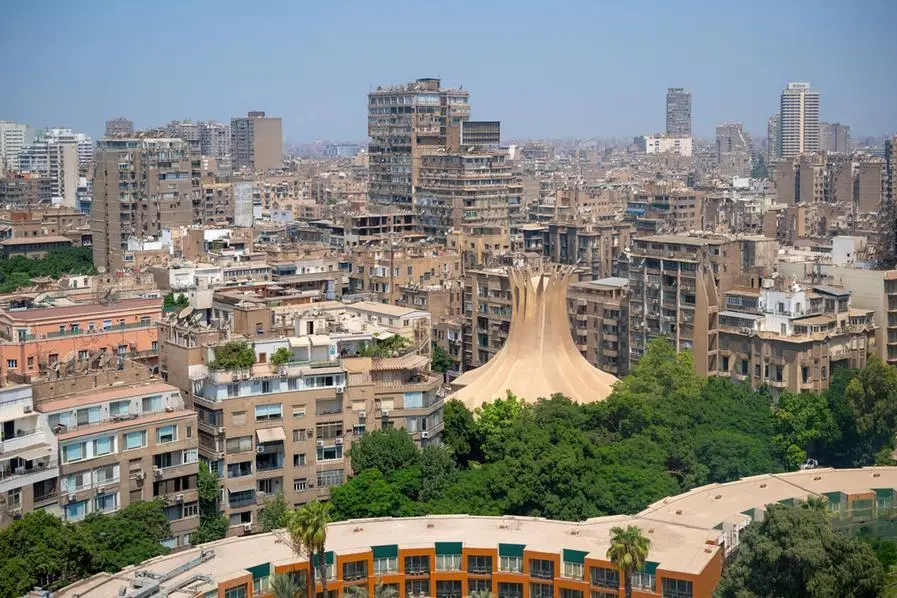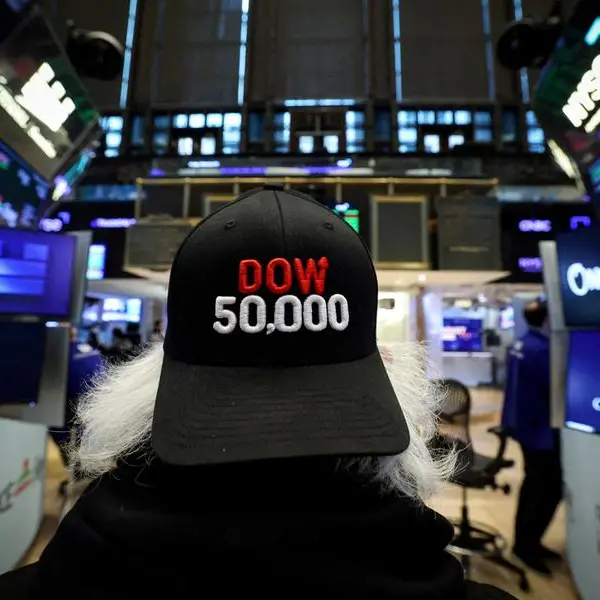PHOTO
Egypt's real estate market has witnessed significant growth in recent years, driven by urbanization, economic development, and government policies. While this growth has brought economic benefits, it raises concerns about the possibility of a real estate bubble.
A real estate bubble can lead to financial instability, economic downturn, and social unrest. To prevent these risks, effective regulatory measures and sustainable development practices are crucial.
The Threat of a Real Estate Bubble
Property prices have soared in recent years. In the past two years, property re-sales were up by 100% to 150%, while off-plan sales grew by 150% to 200%. Meanwhile, property re-sales have increased by 10% to 20% year to date, with off-plan sales rising by 50% to 70%, according to Youssef ElZohairy from Property Sorted.
Recently, Egyptian business tycoon Naguib Sawiris, Executive Chairman of Orascom Investment Holding (OIH), warned of a potential real estate bubble in Egypt if the country did not address interest rates. His comments were made during a conference titled 'Egypt's Real Estate Market: Building Global Destinations,' held by AmCham Egypt.
A real estate bubble occurs when property prices increase rapidly without a corresponding rise in demand. “This imbalance often leads to market instability and a subsequent crash when prices become unsustainable,” Ahmed Fawzy Hussein, a Ph.D. holder and an assistant professor of economics, tells Arab Finance.
“The 150% price increases of the last two years have stopped. The resale market peaked last February; however, it fell by 10% in March but has since returned to and exceeded February’s levels now,” ElZohairy says.
“At the beginning of the year, real estate developers panicked over currency uncertainty and raised prices by 50 to 70%, as resale prices increased by 10 to 20%,” ElZohairy points out.
“Once currency stabilized, developers realized they had overvalued their properties,” he notes, adding, “Consequently, many markets extended payment plans from six or seven years to 10 years, effectively slashing prices by about 25%.”
“In 2008, the real estate bubble in the US saw prices drop by an average of 29%,” ElZohairy highlights, emphasizing that this real estate bubble resulted from widespread mortgage defaults, leading to bank failures and forced asset sales. This scenario caused prices to plummet by up to 60% in Las Vegas.
“In Egypt, however, mortgages from banks represent only around 5% of all homes sold, versus around 70% in the US,” ElZohairy states. “Developer payment plans function like mini-mortgages, but they require a higher down payment and a much lower default rate.”
“The main concern lies with smaller developers who are left with projects they cannot sell,” he indicates.
Meanwhile, Hussein points out that Egypt’s focus has largely been on high-end and luxury developments, which creates a mismatch between supply and demand.
“The demand for affordable housing far outstrips that for luxury properties. This oversupply of luxury units, combined with a lack of demand, could lead to a market correction," Hussein suggests.
Balancing Real Estate Growth
To address risks associated with real estate bubbles and bottlenecks, policymakers can adopt various strategies. Egypt's recent monetary tightening, which raised interest rates by 19%, is hindering the real estate sector, according to Naguib Sawiris.
During the AmCham Egypt conference, Sawiris urged the Central Bank of Egypt (CBE) to reconsider this policy, claiming that a 30% interest rate would harm the industry.
In this regard, Hussein stresses that the Egyptian government and real estate leaders must take decisive actions to tackle these challenges.
"Implementing policies to limit speculative buying can stabilize the market,” Hussein suggests, adding that shifting focus from luxury developments to affordable housing would help align supply with actual demand.
Hussein also advocates for enhanced data transparency in the real estate market by the government. He believes that clearer information on property supply, demand, and prices would enable both developers and buyers to make informed decisions.
“Regular market monitoring is essential for timely interventions in case signs of overheating are detected," Hussein says.
On the other hand, ElZohairy explains that real estate professionals also need to consider a number of precautions. “Small developers need to cut prices and extend payment terms, while larger developers can manage to increase payment terms in underperforming markets like Cairo. This approach would not work in the North Coast.”
ElZohairy further notes that longer payment terms can make real estate more affordable and attract buyers, especially those offered by larger developers. However, smaller developers struggling in the market are likely to fail despite lower prices and extended payment terms.
While Egypt’s real estate market shows promise, it carries significant challenges. The recent surge in property prices, coupled with concerns raised by experts, underscores the importance of careful monitoring and proactive measures.
That is why a combination of policy interventions and industry initiatives is essential to mitigate the risks associated with a real estate bubble.
© 2020-2023 Arab Finance For Information Technology. All Rights Reserved. Provided by SyndiGate Media Inc. (Syndigate.info).





















